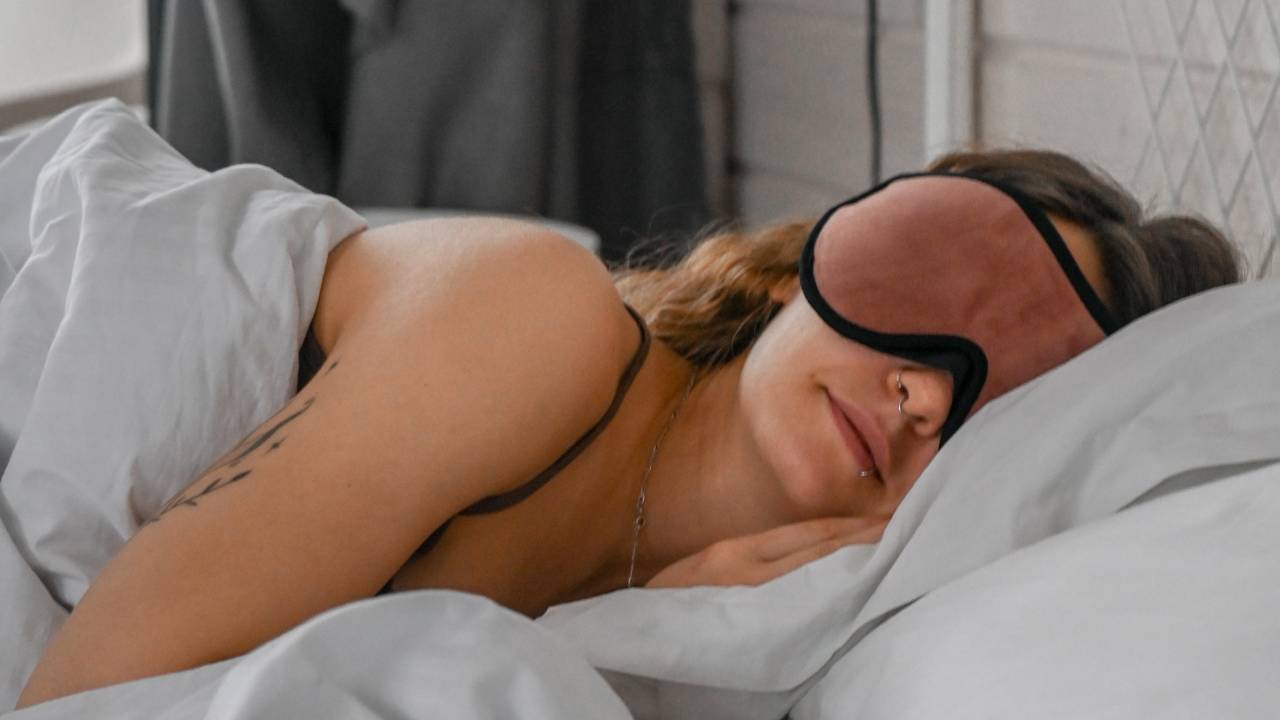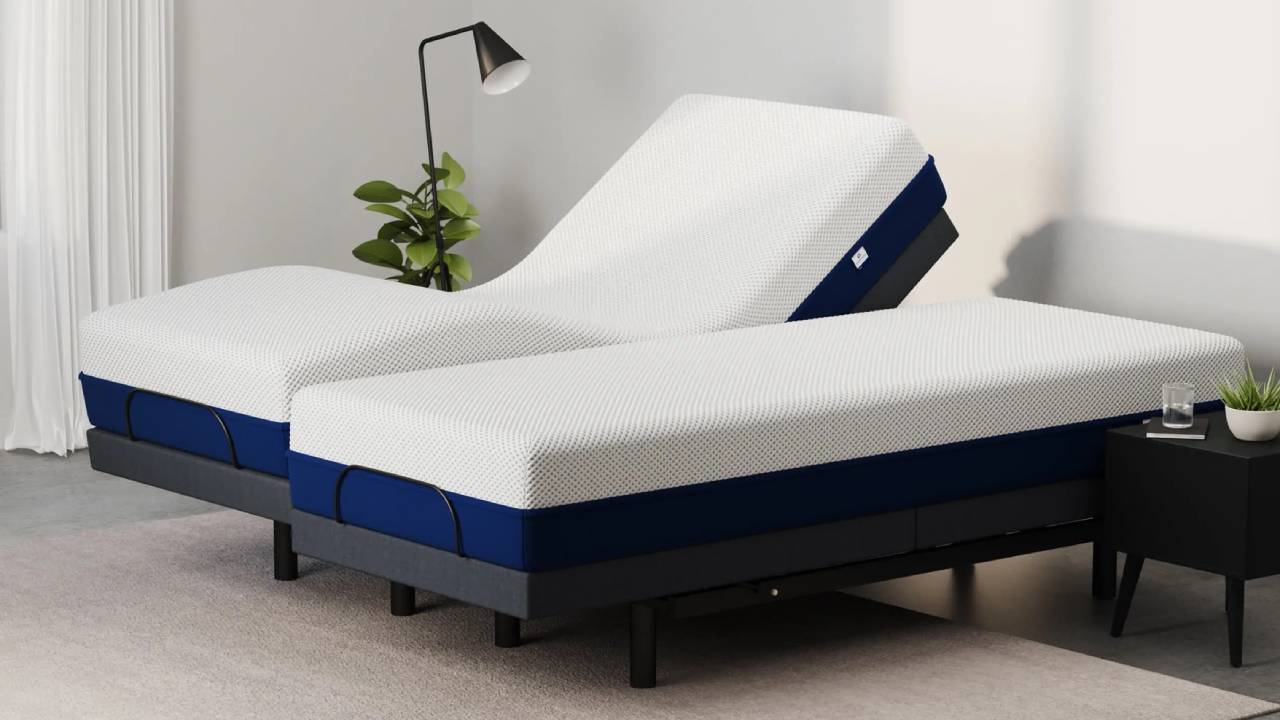Sleeping on an incline could help with your sleep problems – here’s why
Can’t sleep? Why you should try sleeping on an incline to tackle your sleep issues


Having trouble getting to sleep at night? Experts suggest that sleeping on an incline can improve your sleep and help with common sleep problems, like acid reflux and snoring.
I’ve covered sleep and wellness on T3 for a while now, and can’t stress enough how important sleep is for your physical and mental health. But regardless of whether you’re sleeping on the best mattress or you’ve been sticking to the rules for good sleep hygiene, sleep can sometimes be elusive.
If you find it hard to get to sleep, there are a few tips and tricks you can try to help you catch some much needed ZZZ’s, from the military sleep method to the tennis ball hack. But something I came across recently was Inclined Bed Therapy that claims to encourage better sleep and reduce symptoms of certain sleep and health problems.
What is Inclined Bed Therapy?
Rather than sleeping flat on a bed, Inclined Bed Therapy (IBT) is where you keep your head elevated while you sleep. Having your head propped up just above your feet while you lie down has been found to improve and solve different sleep problems, like snoring, acid reflux and other conditions.
To try IBT, elevate your head by using a wedge pillow or putting bed risers underneath the legs at the head of your bed to make a slight slope. Alternatively, you can invest in an adjustable bed base which brands like US-mattress company Amerisleep offer.
It’s important to get the height right when it comes to sleeping on an incline. If the height is too low, you’re unlikely to see any results but too high could cause strain on your neck and upper back. There are also some cases where IBT shouldn’t be practiced, particularly with newborn babies as sleeping on an incline can be dangerous.
5 reasons why you should sleep on an incline
According to extensive research from scientists and sleep experts, sleeping on an incline can help solve many different sleep and health problems. Below are five reasons why you should sleep in an elevated position if you’re having trouble sleeping.
Get all the latest news, reviews, deals and buying guides on gorgeous tech, home and active products from the T3 experts

Better circulation
Sleeping in an elevated position enables more blood flow to your heart and allows your veins to contract more effectively. Having better circulation makes sure important organs like your heart, lungs and muscles are working properly, which helps strengthen your immune system. For better circulation, it’s also recommended to keep your legs elevated too, as shown in the zero-gravity sleep hack, approved by NASA astronauts.
Reduces acid reflux
Acid reflux is when your stomach acid flows back into your esophagus which can lead to a burning sensation in your throat and chest. It’s extremely uncomfortable at the best of times, but it’s especially irritating when you’re trying to get to sleep. Having your head elevated relieves this pressure and uses the power of gravity to help acid reflux go back down.
Can stop snoring
If you or your partner snores and it’s keeping you awake, try propping up your head. Sleeping at an angle helps open your airways, prevents obstructions and makes it easier to breather. In turn, this can reduce snoring or make it a little quieter and more manageable to deal with. For more tips, here are four doctor-approved snoring exercises you should try tonight.
Good for the nervous system
Research has found that sleeping on an incline is good for the nervous system. The main components of your nervous system are your spine and brain, and sleeping in an elevated position can help relieve pressure and stress that’s placed on your spine during rest.
Encourages a healthier brain
Studies have shown that the brain goes through a detoxification process during sleep, as the glymphatic system works to remove waste and controls the flow of cerebrospinal fluid which surrounds the brain and spine. Researchers have found that this detoxifying process works more effectively when you’re sleeping on an incline, so elevating your head could lead to a happier and healthier brain.

Beth is Home Editor for T3, looking after style, living and wellness. From the comfiest mattresses to strange things you can cook in an air fryer, Beth covers sleep, smart home, coffee machines, watches, grooming tools, fragrances, gardening and more.
In her spare time, Beth enjoys running, reading, baking and attempting craft projects that will probably end in disaster!